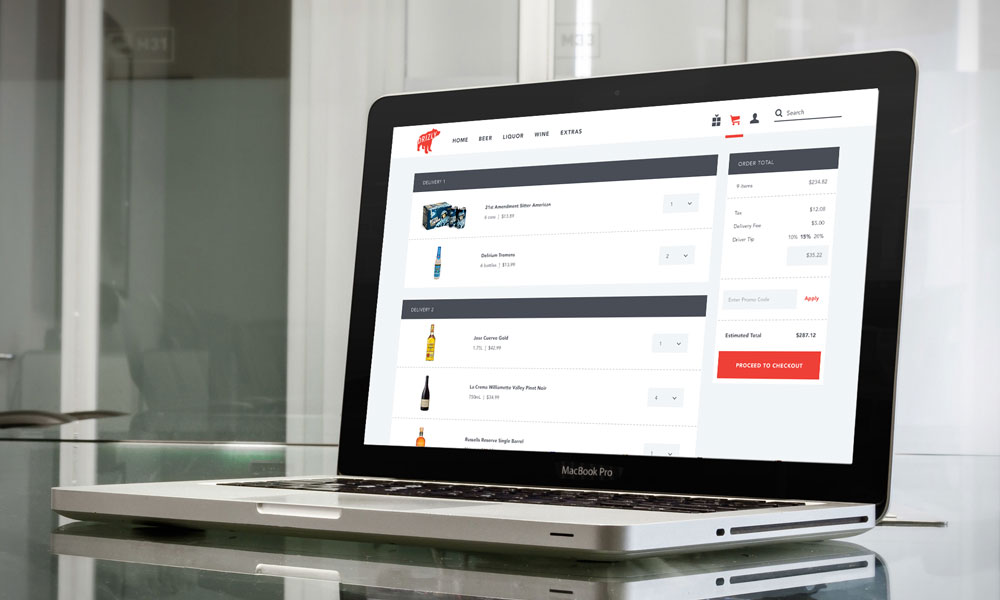
Alcohol Wholesalers Group Makes Waves With Drizly Investment
With its minority stake in Drizly, a startup that's seen as the "Uber for alcohol," the Wine & Spirits Wholesalers of America is taking a proactive stance on a potentially disruptive technology.
There’s more than one way to take on the sharing economy.
In recent years the taxi and hospitality industries have taken hard-line approaches to contain encroachment by Uber and Airbnb on their respective turf. Trade association advocacy efforts against the startups have sometimes had the effect of making the sharing services even more prominent.
But not all trade groups have gone on defense against these disruptive industry models. In fact, the Wine & Spirits Wholesalers of America (WSWA) appears to be taking an “if you can’t beat ’em, join ’em” approach to the alcohol-delivery startup Drizly: WSWA is actually investing in the Drizly as part of a funding round. That means the association owns a minority stake in a company that could best be described as the Uber of liquor.
While WSWA chose not to reveal its full stake to The Wall Street Journal, it’s substantial enough that the organization has a seat on the company’s board. The deal should come in handy as Drizly faces likely headaches from disparate local laws and regulations of the kind that have given Uber and Airbnb migraines over the years.
Friend, Not Foe
Drizly, an app service that guarantees delivery of beer, wine, or liquor within an hour, is relatively new to alcohol delivery but is already displaying significant reach. Launched in Boston in 2012, the company scored $4.8 million from backers last year in two rounds of funding. It’s expected to do more than $100 million in retail sales in 30 cities by the end of 2015. Currently, Drizly is available in 15 cities, according to BostInno.
And the company is growing quickly. On Monday, Drizly announced that it had secured a $13 million investment round—on top of prior investments from WSWA and other organizations.
One factor that may help Drizly as it gains a foothold is that it integrates suppliers, wholesalers, and local liquor stores into its delivery model. Rather than trying to work around the retail sector’s three-tier distribution system, it directly integrates with it. Other companies, such as Instacart and Ultra, have run into compliance issues in trying to deliver alcoholic beverages, though those issues are slowly being worked out at the local government level.
Drizly, however, appears to have momentum in its favor—along with some big players in its corner. Last year, the company entered an agreement with MillerCoors to sell the brewer’s products directly to consumers—the first time a major brewing company has been able to do that since the end of Prohibition.
WSWA President Craig Wolf noted that the group had analyzed dozens of companies to invest in before deciding on Drizly, telling the Journal that it found the “business model to be three-tier compliant and not disruptive but complementary.”
If, one day, Amazon decides to compete directly with the liquor store around the corner, WSWA has a competitor already in place.
(Drizly press photo)






Comments